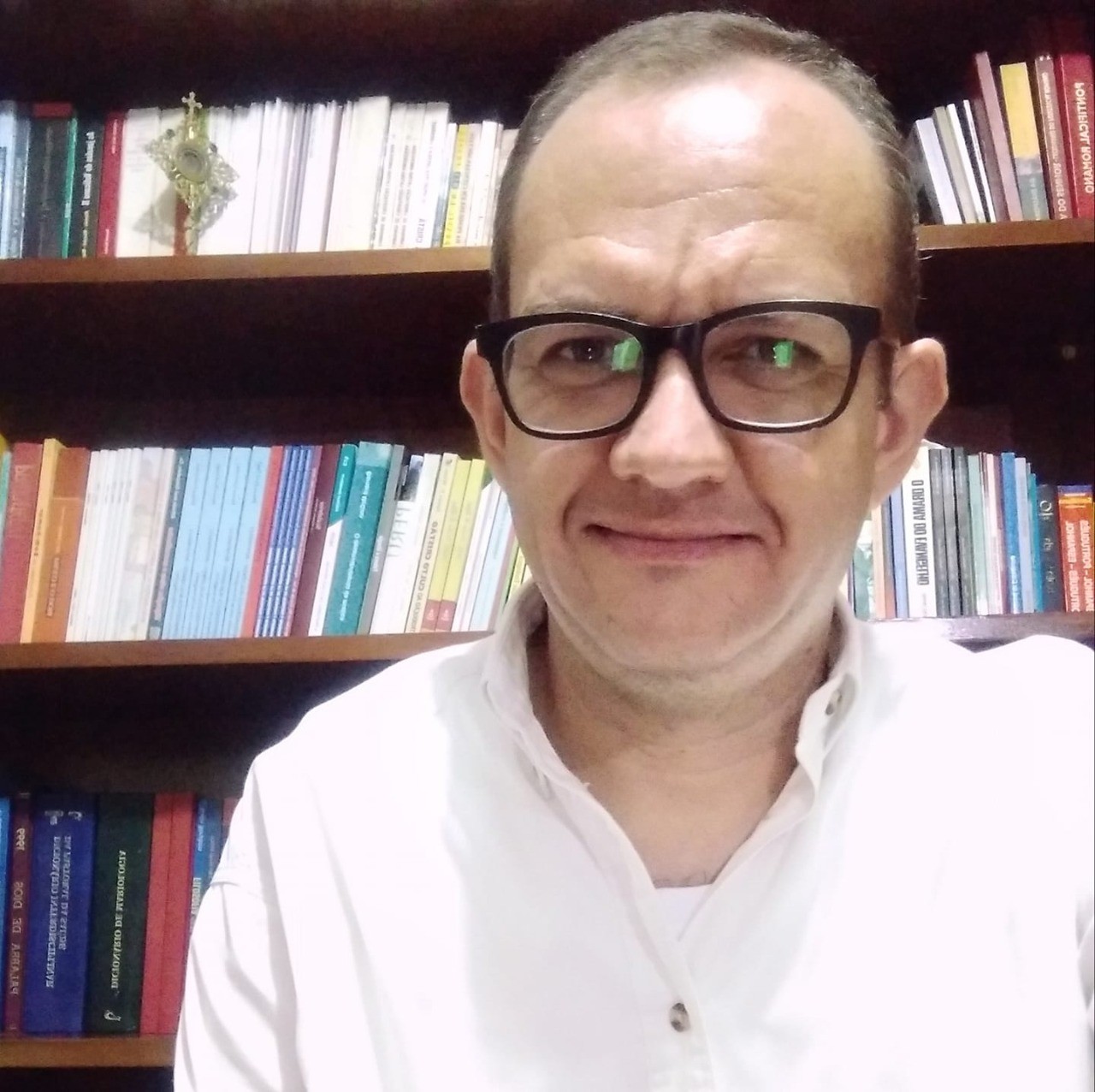New interns 2021 in the team
SIHMA has the pleasure to welcome three new members in the team, two remote interns from United States, April Noelle, Mary Cascarelli who started to collaborate from the 31st of May until the 23rd of July and an in person intern from Norway, Victoria Jensen, who joined the team from the 14th of June for six month. The interns will be engaged in research and communications, to fulfil SIHMA’s mission ‘to conduct and disseminate research that contributes to...
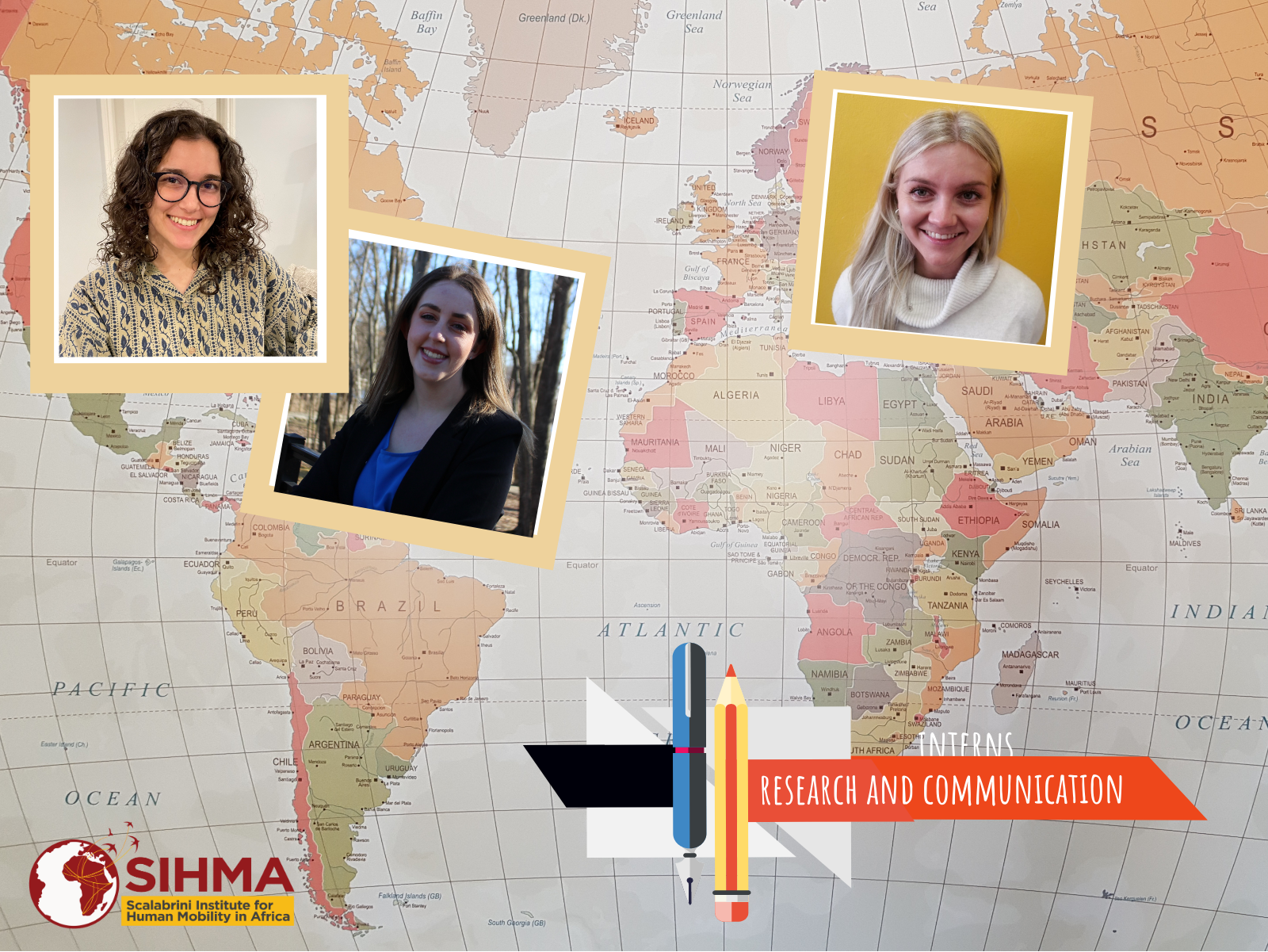
Scalabrini Celebration and Commemoration of June 1st
On 1 June Scalabrini Organisations across the world together with the broader global community celebrate and commemorate the Feast of Blessed John Baptist Scalabrini. At the Scalabrini Centre of Cape Town on 1 June 2021, all staff and volunteers from that Scalabrini Centre of Cape Town and from the SIHMA gathered to celebrate and reflect on...
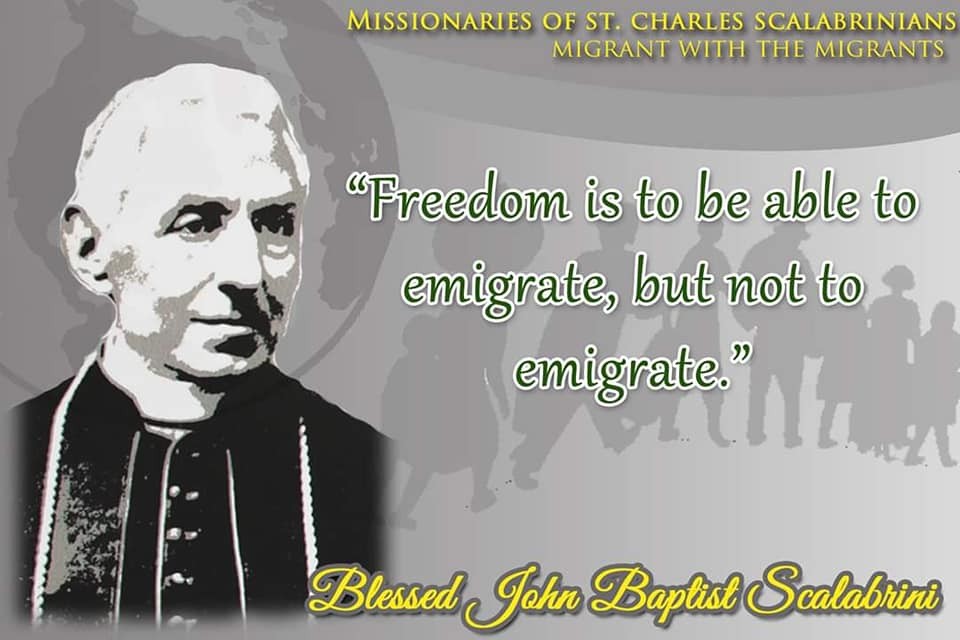
Maita's Internship at SIHMA
My name is Maita Deborah Jena. I am 20 years old. I was born and raised in Harare, Zimbabwe and I am a second-year student at the University of Middlesex (Mauritius Branch Campus). I am currently working towards obtaining a LLB Law degree with International Relations. I worked for SIHMA as an intern beginning in January 2021 and completing it in June. I found SIHMA through a third party organisation and was very...
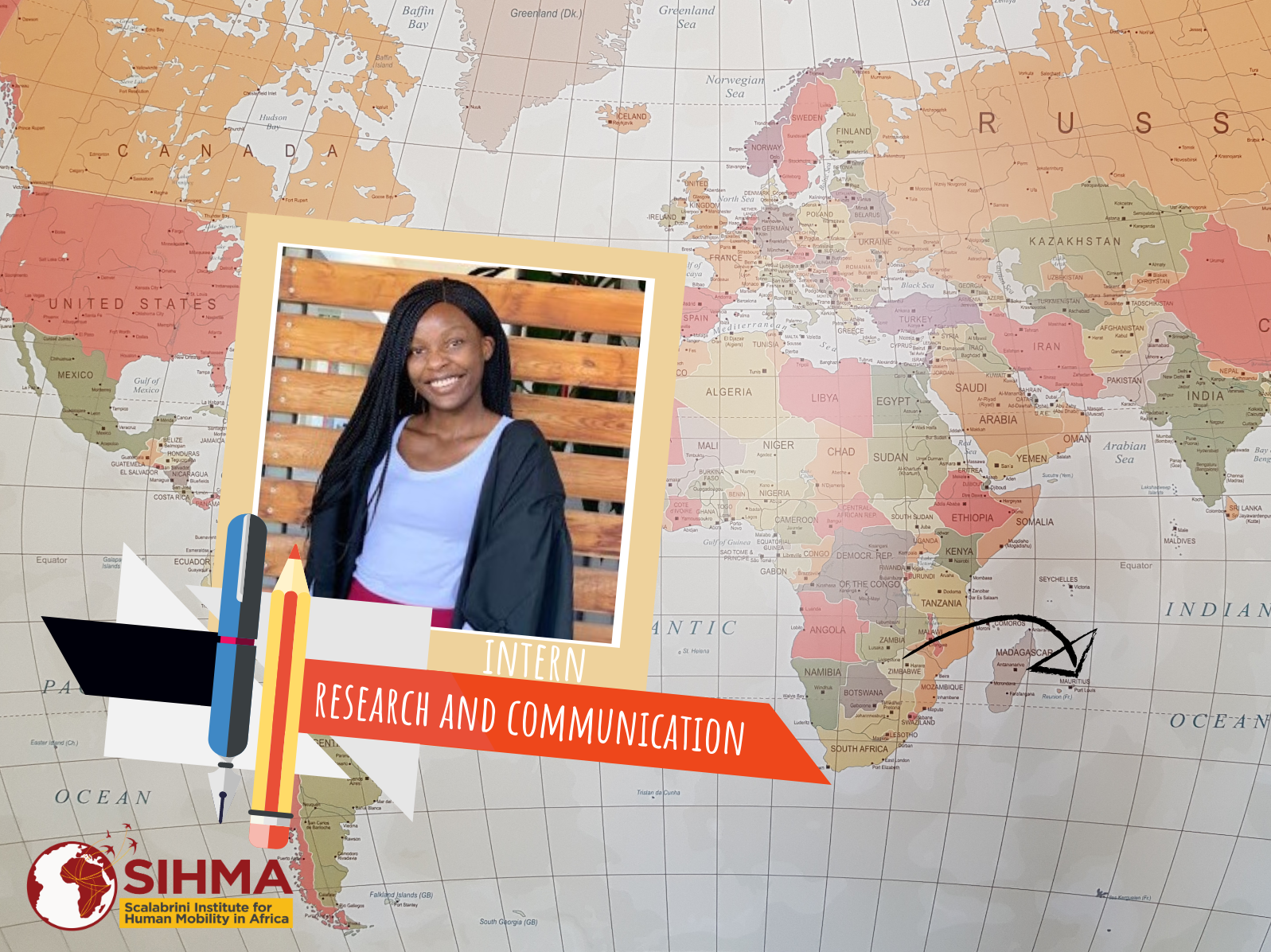
Considering Impact of COVID-19 on the Lives and Livelihoods of Congolese Female Asylum Seekers and Refugees
We had the pleasure of reading the latest edition of the African Human Mobility and in particular the second article entitled ‘COVID-19 and its Effects on the Lives and Livelihoods of Congolese Female Asylum Seekers and Refugees in the City of Cape Town’ [1]. South Africa is a host of a minimum of 25,000 refugees from the war-torn Democratic Republic of Congo that has seen more than 5.1 million people displaced from the...
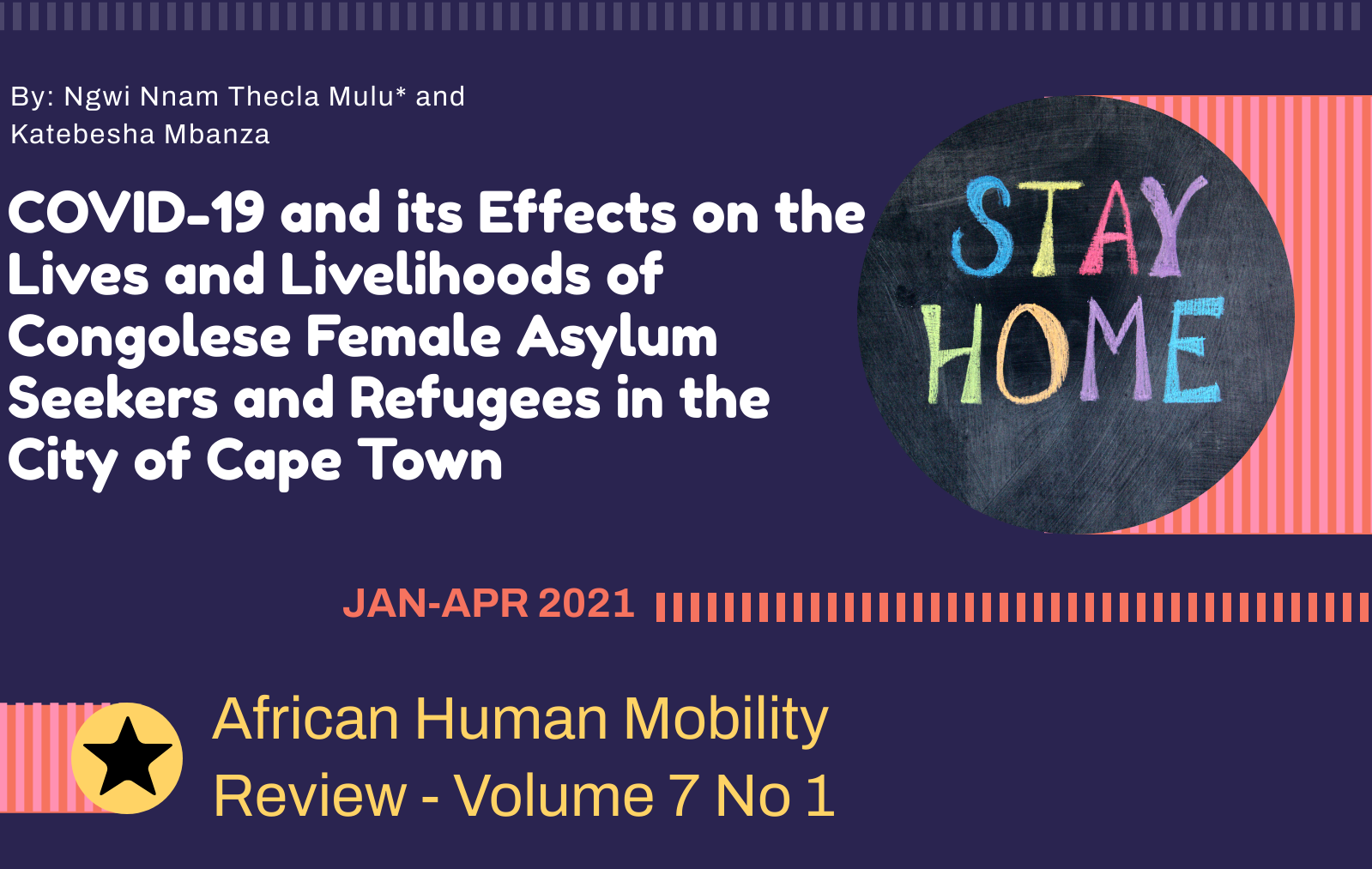
Recent Research from Across the Continent
The African Human Mobility Review published a series of thought-provoking articles in April 2021 [1]. Interestingly three of the five articles in the edition of the AHMR focus on migrant women. To get an idea of what the AHMR is consider the following: The African Human Mobility Review (AHMR) is an interdisciplinary peer-reviewed on-line journal created to encourage and facilitate the study of all aspects (socio-economic, political, legislative and developmental) of human mobility...
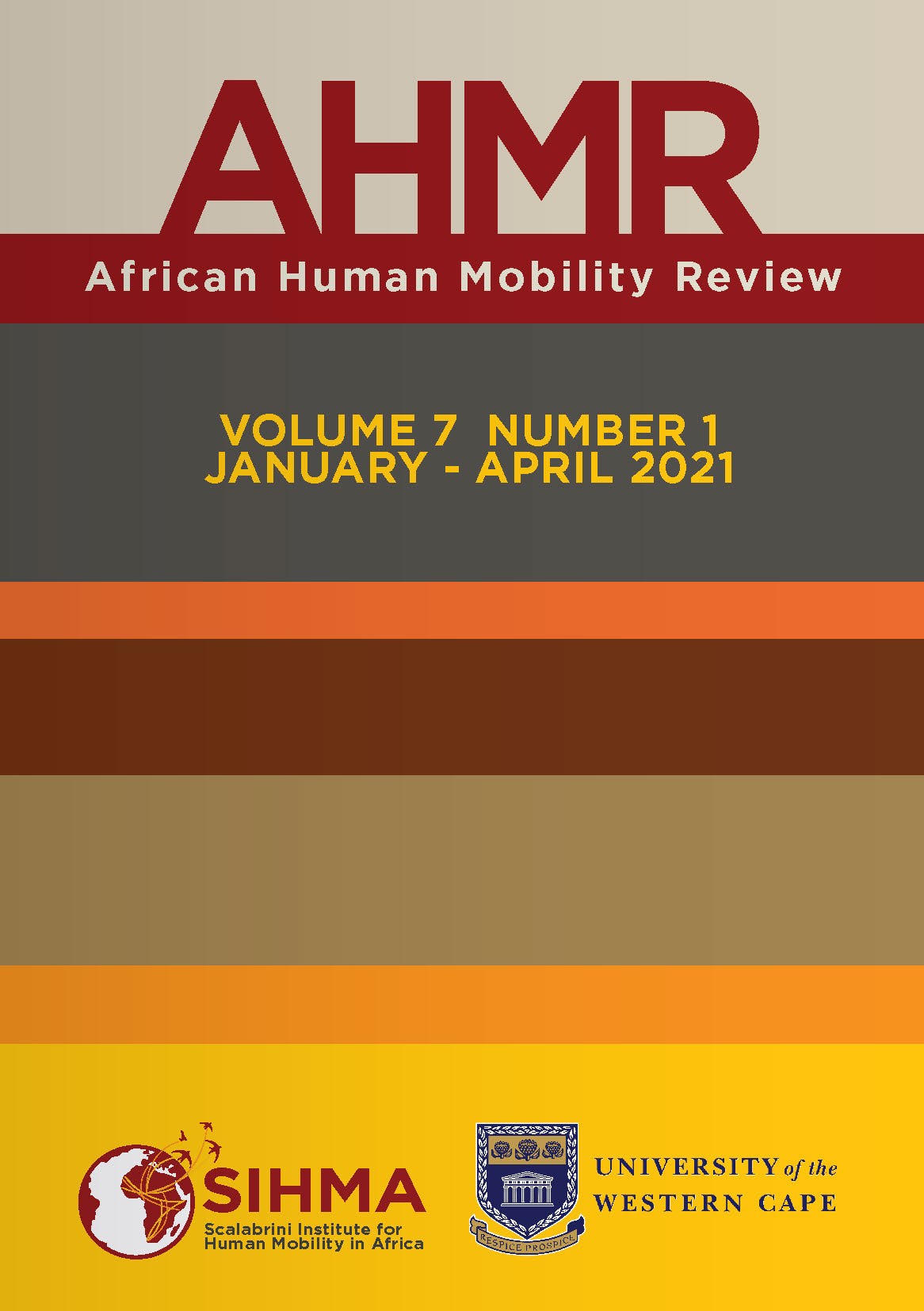
Welcome to Our New Researcher and Coordinator at SIHMA Johannesburg
SIHMA has the pleasure to announce the appointment of our new researcher and coordinator of SIHMA’s new Johannesburg Office, Fr Eduardo Gabriel. Fr Eduardo started at SIHMA officially in May 2021 engaging in research for SIHMA as he resides in Brazil in anticipation of travelling to South Africa to work at our Johannesburg Office. As SIHMA engages in research and publishes reports, working papers and briefs, our journal (AHMR[1]) and shorter researched blog posts in our Blog on...
